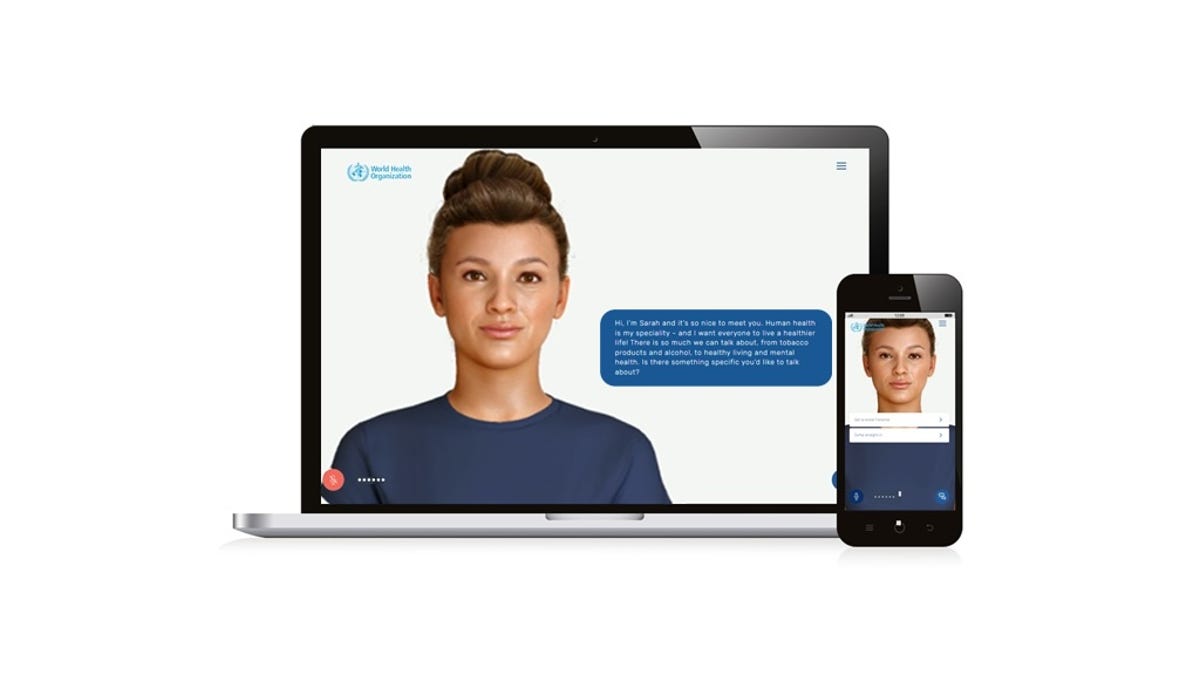World Health Organization Launches AI-Powered Chatbot Sarah
The World Health Organization (WHO) recently introduced a new AI resource assistant for health known as Sarah. This innovative chatbot, created by Soul Machines based in New Zealand, aims to enhance access to health-related information in a more interactive manner. The Chatbot, named Smart AI Resource Assistant for Health, is designed to provide information on various topics such as healthy eating, mental health, cancer, heart disease, and diabetes in eight different languages.
Furthermore, Sarah incorporates facial recognition technology to deliver empathetic responses to users’ inquiries. In past iterations, similar AI bots have played a crucial role in combating misinformation during the Covid-19 pandemic. WHO Director-General, Dr. Tedros Adhanom Ghebreyesus, sees Sarah as a glimpse into the potential uses of artificial intelligence for improving access to health information. He encourages further exploration by the research community to leverage this technology to bridge gaps in healthcare and offer reliable information.
Challenges Faced by Sarah
Despite WHO’s assurance that Sarah is trained with the latest information from the organization and its trusted partners, reports indicate some limitations. According to Bloomberg, the chatbot may not always provide up-to-date information, particularly concerning U.S.-based medical advisories and news events.
For instance, when questioned about the approval status of Lecanemab, a drug for Alzheimer’s by the U.S. Food and Drug Administration, Sarah inaccurately stated that it was still in clinical trials. In reality, the FDA had approved the drug back in 2023. Another instance highlighted Sarah’s inability to retrieve specific details from a WHO report on hepatitis deaths, prompting users to visit the agency’s website for updated statistics.
Although the WHO acknowledges the chatbot’s potential inaccuracies on its landing page, attributing them to patterns and probabilities in the available data, it has not responded to requests for further clarification on these issues.
Image/Photo credit: source url





